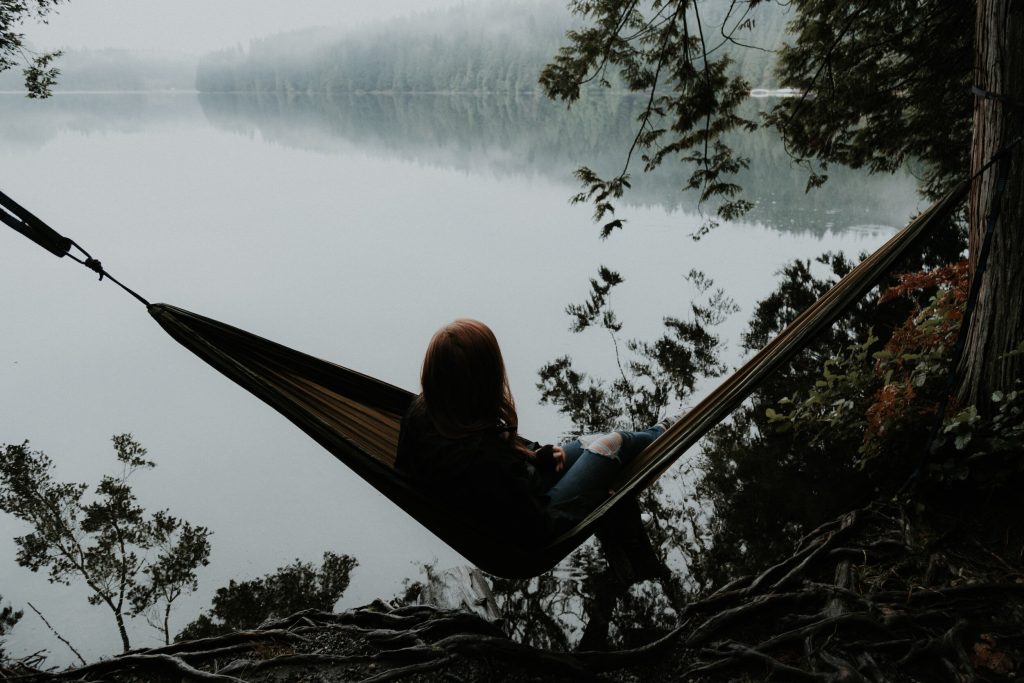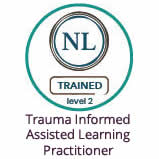
Rediscovering Rest: Breaking Free from Escapism and Cultivating Restoration
In my personal journey, I’ve come to realize that poor choices often lead to more poor choices. When I feel depleted, exhausted, and in need of rest, it’s easy to fall into the trap of escapism. Watching mindless TV shows to calm my mind or neglecting exercise becomes a default response, without truly understanding the type of rest I actually need.
I’ve learned that replenishing requires intentionality and an understanding of the different facets of rest: physical, mental, spiritual, emotional, social, and even recently I learned the important of practicing sensory rest. Recognizing the specific area of depletion is crucial, as it enables us to make conscious choices to restore ourselves rather than perpetuating the cycle of depletion.
Discovering the Rest Deficit:
We often either end our day from work at home or arrive home drained, seeking to clear our minds without truly comprehending our depleted state. Understanding the type of rest we need is not always obvious. Most of us are not aware of which specific areas of rest require replenishment. We might engage in activities we perceive as restful, like binge-watching TV shows, without realizing that it may not address the true source of our exhaustion. For example, if socializing is what we truly need, being around uplifting and motivational individuals who nourish us becomes essential. Sleep and entertainment alone won’t fill the void if our social energy is depleted.
The Multi-Dimensional Nature of Rest:
Rest encompasses various dimensions that extend beyond physical and mental exhaustion. It includes sensory rest, where overstimulation can hinder true restoration. Recognizing our individual needs for rest in these less obvious areas is vital. Some individuals may find inspiration and replenishment in nature, even if they don’t have immediate access to natural environments. By bringing elements of nature into our living spaces through images, colors, or natural sounds, we can nurture our sensory rest needs.
Automating Rest:
Incorporating rest into our daily routines and automating it can help break free from unsustainable repetitive patterns and make replenishment more accessible. Simple practices such as jotting down racing thoughts on a notepad before bed, allowing the brain to release them, or setting timers to remind ourselves to take stretch breaks can be powerful tools. For individuals with limited opportunities for social and emotional connection, establishing intentional time with loved ones, engaging in eye-to-eye conversations, and expressing feelings can create a meaningful connection and facilitate emotional restoration.
Recognizing the Importance of Individual Needs:
Each person’s rest needs can differ based on their unique circumstances and personality traits. It’s crucial not to judge or compare how others replenish themselves. Some may require solitude and silence, while others thrive in social settings. The key lies in self-awareness and attunement to our own bodies and emotions. By listening and responding to our specific needs, we can effectively address the rest deficits we encounter.
Breaking Free from the Cycle:
Escaping the cycle of depletion requires courage and intentionality. Recognizing the detrimental impact of neglecting our rest needs empowers us to set boundaries and prioritize restoration. It is not about taking away from others but rather being a better version of ourselves for them. By integrating simple rest practices into our daily lives and automating them, we create a foundation for sustained replenishment. Over time, as we experience the benefits of being fully rested, our relationships, creativity, and sense of purpose can flourish.
Rest is not an indulgence; it is a fundamental necessity for our overall well-being. Understanding the different dimensions of rest and identifying our unique rest deficits allows us to break free from escapism and cultivate a lifestyle of restoration. By automating rest practices and prioritizing our individual needs, we can replenish ourselves and experience the fullness of life. I’m excited to continue to embark on this journey of rediscovering rest, transforming relationships, creativity, and purpose as we become the best versions of ourselves.







Responses